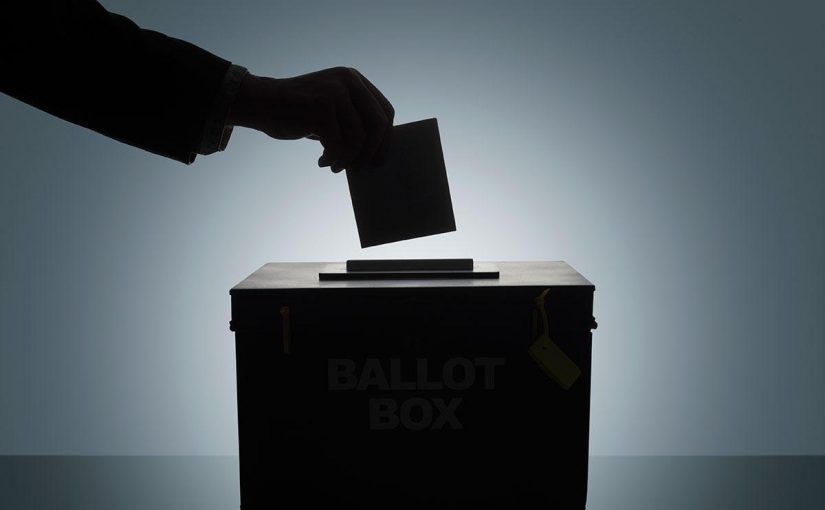Incentivising youths to register to vote may not be a sustainable solution to voter apathy, experts have warned.
To encourage adolescents to join and take an active role in civic affairs, election stakeholders in Hwange and the rest of the Matabeleland region have adopted a rewards-based approach. One of the benefits is bussing them, purchasing food for them, giving them voter registration regalia and perhaps airtime.
Political analysts have expressed concern over the rising practice of incentivising youths to vote which they claim poses a risk during the harmonised elections as these not-so-committed youths will need more incentives to actually vote on polling day.
“Election participation is a constitutionally guaranteed right. Regrettably, the majority of our youths are hesitant to enter that area. During early childhood education, I believe we need to redesign our educational curricula to teach our kids the value of civic engagement and democracy
Even if a person decides not to use their right to vote, having that right binds them to our social structure. Voting is the start of our democracy; everything else comes after the right to vote. Participation goes beyond being a value. It is a core value of our democracy,” said Morris Munganga, a political expert.
The need to register before casting a ballot has been essential to the operation of Zimbabwean democracy and presents both opportunities and impediments in voting.
Voter eligibility is established by a methodical procedure called voter registration. It is generally acknowledged that voter registration serves three basic purposes; ensuring that everyone who is legally authorized to vote can do so; preventing those who are not; and limiting multiple voting by one person, thus ensuring one person one vote.
Section 17A of the Electoral Act specifies the procedure and practice for voter registration.
Since 2018, by-elections have seen an average voter turnout of 48% due to considerable political apathy arguably due to lack of voter education and less exertion from political parties.
According to the Election Resource Centre, this might undermine public confidence in and respect for democracies, which draw their legitimacy on citizen engagement.
A young man in his early twenties, Leonard Mpala of Empumalanga, Hwange who spoke to Community Podium claimed that because of prior contested election outcomes, young people in Zimbabwe have consigned voting-related concerns to the elderly.
“Of course, we talk about politics in our settings, but we purposefully avoided the possibility of registering to vote. We feel discouraged by the history of electoral procedures and believe that our votes don’t really matter,” Mpala said.
Young people have historically ignored the voting and electoral procedures. Civic Society Organizations (CSO) and other electoral players have mobilized and attracted youth as a result. As the nation prepares for the elections in 2023. These efforts have encouraged young people who are eligible to register to vote to get involved.
“More young people are willing to have their votes counted as a result of lobbying work being done by the Election Resource Centre (ERC). Young people in schools, colleges, and universities have been the focus of community outreach activities conducted by the ERC and other organizations,” said ERC in a statement.
Clifford Dube of the United Democratic Alliance says Zimbabweans are sick of partisanship and want a functioning administration that shows a desire to reach agreements. However, they say, those who do not have a strong sense of loyalty to a political party are less likely to vote frequently, which fuels further polarization.
According to research by internationally renowned political academic and political researcher Alan Gerber, voting is a habit that develops over time. After casting a ballot, a person is more inclined to do it repeatedly and the likelihood that someone will continue voting frequently increases with age.
The harmonised elections in 2023 will mark a peak in young people’s involvement. According to the Election Resource Centre, youth make up nearly 60% of the population and 44% of the voting-age population of Zimbabwe.
“As long as young people are given a true voice, their vote is considered as valuable and influential. Political integration fosters democracy; political integration of the youth supports public scrutiny, public order, and democratic stability,” said Munganga.
Tichaona Rusike (age 28), beams after registering to vote at Compensation House in Hwange. Rusike will cast his first electoral ballot in the upcoming harmonised elections.
Tichaona graduated with a degree in human resources from a local university, but like the majority of young people in Hwange and around Zimbabwe, he is currently jobless and spends most of his time hanging out with friends.
“We never get tired of talking about various issues that are happening in the community and around the nation. Yet until we heard the local member of Parliament urging us to go, no one had suggested that we go and register to vote. That is when we decided to stop by the offices to register,” said Tichaona.
Most of the time, when people talk about elections or voting, “Election Day” is the main topic of conversation. Key stakeholders said voter registration in elections is a crucial step in the pre-voting process.

